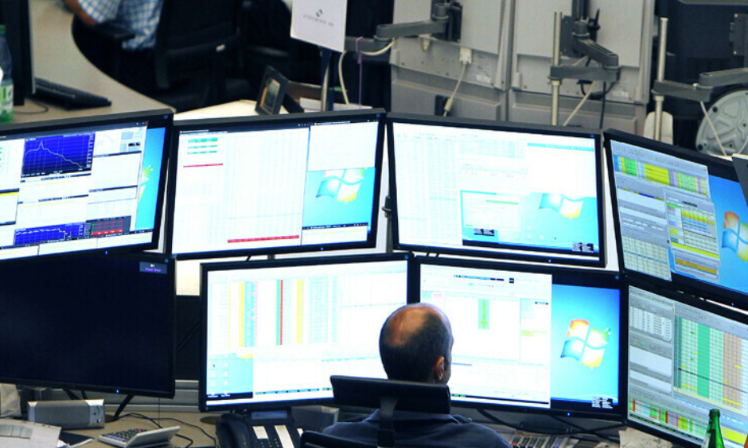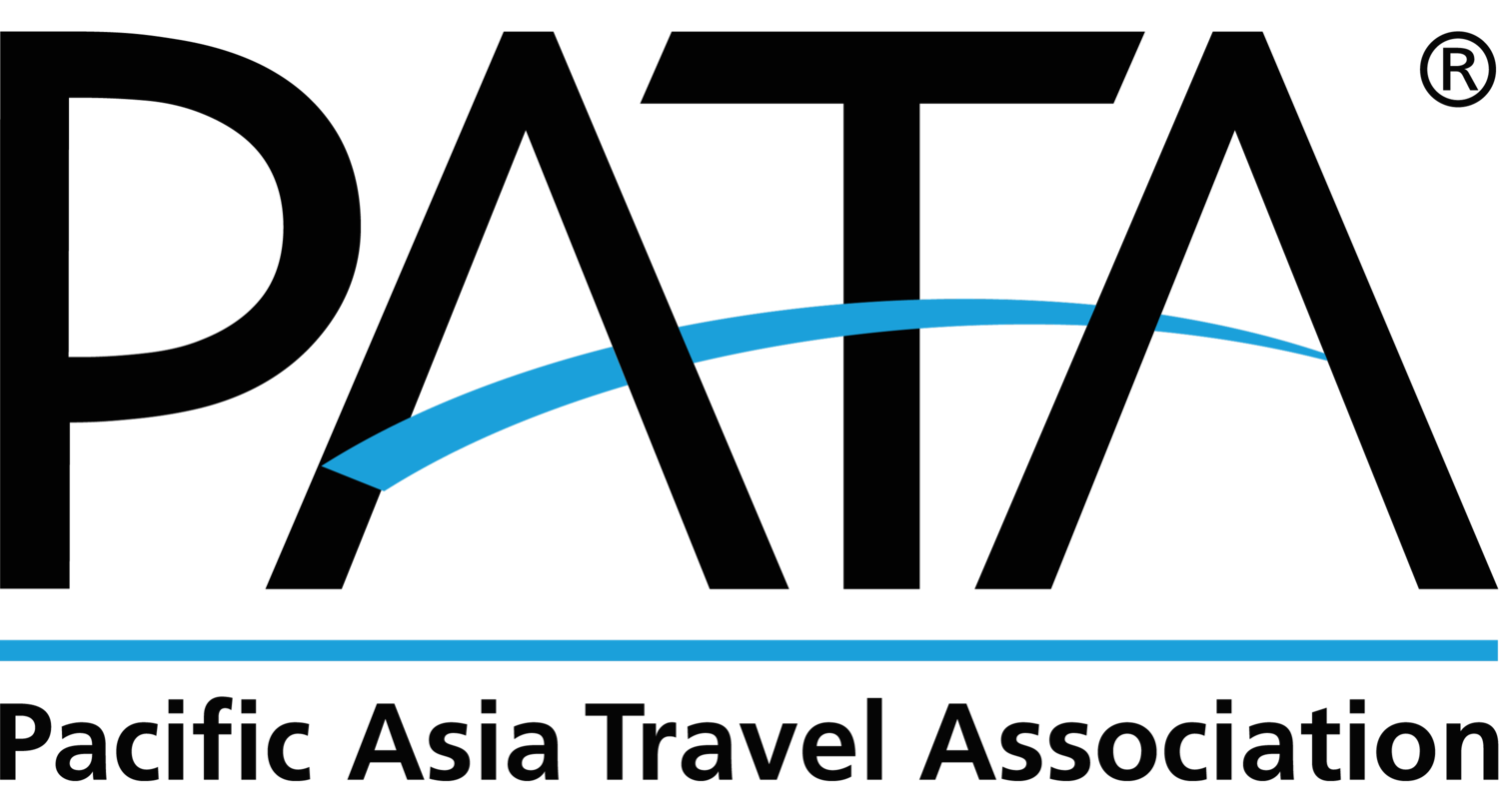European shares fell to two-month lows, led by travel and leisure, and technology, as a combination of concerns over China's COVID-19 limits and rising bond yields fueled selling pressure.
The STOXX 600 index, which tracks equities throughout Europe, fell 2.9 percent to its lowest level since March 8, with travel and leisure sectors plunging 6.0 percent.
As U.S. and European government bond yields jumped to multi-year highs on bets for quicker interest rate hikes aimed at curbing a surge in inflation, tech stocks fell 5.0 percent to November 2020 lows.
Robert Holzmann, a hawkish policymaker, stated over the weekend that the European Central Bank should raise interest rates three times this year to tackle inflation.
Chinese iron ore futures fell as much as 7% on fears about demand in the world's second-largest economy after data showed April export growth slowed to single digits, causing miners to tumble 4.4 percent.
As China's COVID limits, aggressive monetary policy tightening, and the Ukraine crisis fuel fears of a global economic slowdown, the benchmark STOXX 600 has lost nearly 5% so far in May. Since setting an all-time high in January, the index has dropped 15.6 percent.
Inflation data from the United States was also expected this week, with Wall Street's S& P 500 index and Dow Jones hitting new 2022 lows on Monday.
"With a new set of juicy inflation statistics likely out this week from a whole variety of nations, including the United States," said Danni Hewson, financial analyst at AJ Bell.
"Recession talk is prevalent as markets begin to price in a series of interest rate hikes as central banks are under pressure to pull people out of the cost-of-living crisis they've landed in the middle of."
Investor confidence in the euro zone fell to its lowest level since June 2020 in May, adding to the gloom, as the impact of the Ukraine conflict on Europe's largest economy becomes clearer.
In a note, Michele Morganti, senior equities strategist at Generali Investments, stated, "The favorable effects of the robust Q1 reporting season and activity reopenings could be short-lived."
According to Refintiv IBES data, 72 percent of European companies that have declared results so far have surpassed analysts' profit projections. In a typical quarter, 52 percent of results exceeded expectations.

























